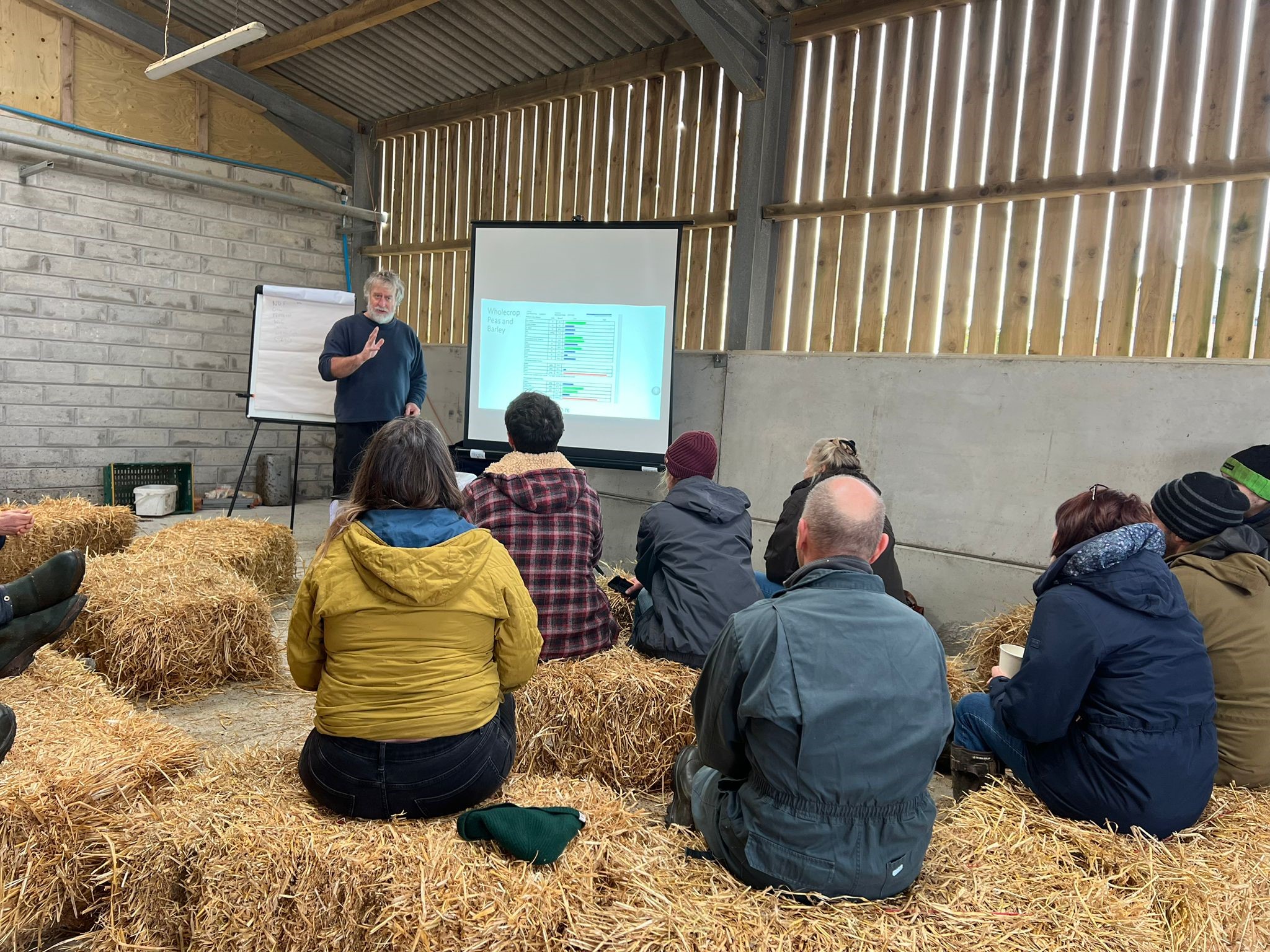
Welcome to our January Farm Net Zero update, sharing news for our farmers, growers and the wider community this project supports.
(Image above: Dr Dave Davies from Silage Solutions presenting to Farm Net Zero at our silage event)
Recent news and events
Oxford Real Farming Conference: January 2024
On the 5th of January, Farm Net Zero will be presenting in a session entitled “It Takes a Farm Community to be Net Zero: A Case Study from Cornwall” at the Oxford Real Farming Conference. We are very much looking forward to showcasing the fantastic work our Demo and Monitor Farmers are doing and look forward to seeing some of you there. Hannah Jones will be introducing Farm Net Zero Demo Farmers Andrew Brewer, Mike Roberts and Anthony Ellis, who will be speaking about their experiences of reducing their farm carbon footprint. The session will also include a recent film of some of the Farm Net Zero farmers talking about the benefits of being part of a community. The film will be available on the Farm Net Zero webpage after the conference. Learn more here
Optimising Silage Production
On the 16th November, Dr Dave Davies from Silage Solutions spoke at our silage event hosted by FNZ monitor farmer Phil Kent at Higher Carruan, St Minver. Dave took us through how to optimise silage production to reduce waste and maximise the quality and quantity of feed from the amount of fossil fuel used in silage production. We were also able to look at the Kent family’s self-feed silage clamp; and how this is saving costs and reducing emissions from machinery used for feeding cattle over winter. Learn more here
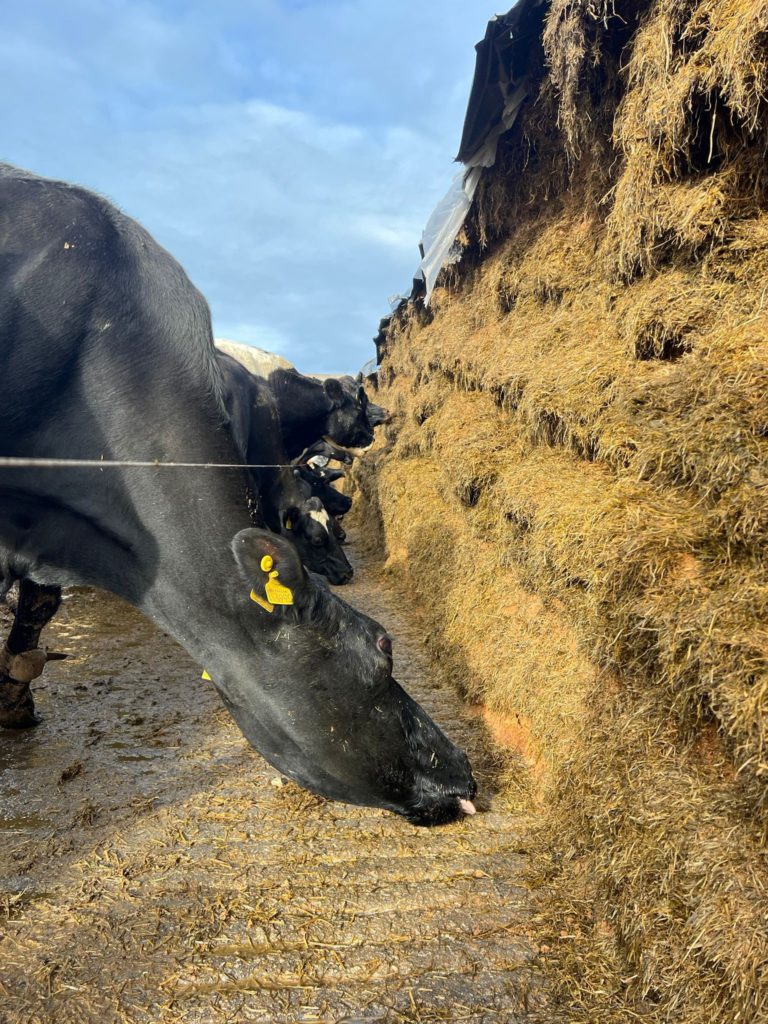
Self-feed silage in action
Integrating Livestock and Trees
Dr Lindsay Whistance from the Organic Research Centre spoke at our event on integrating trees and livestock at FNZ Demo Farm, Blable near Wadebridge on the 27th September. Lindsay presented the results from a range of studies into animal behaviour in agroforestry systems and emphasised the importance of trees for optimal livestock performance through temperature regulation and feed value. Incorporating trees into the farm system benefits animal welfare and helps to reduce the farm’s carbon footprint. Learn more here
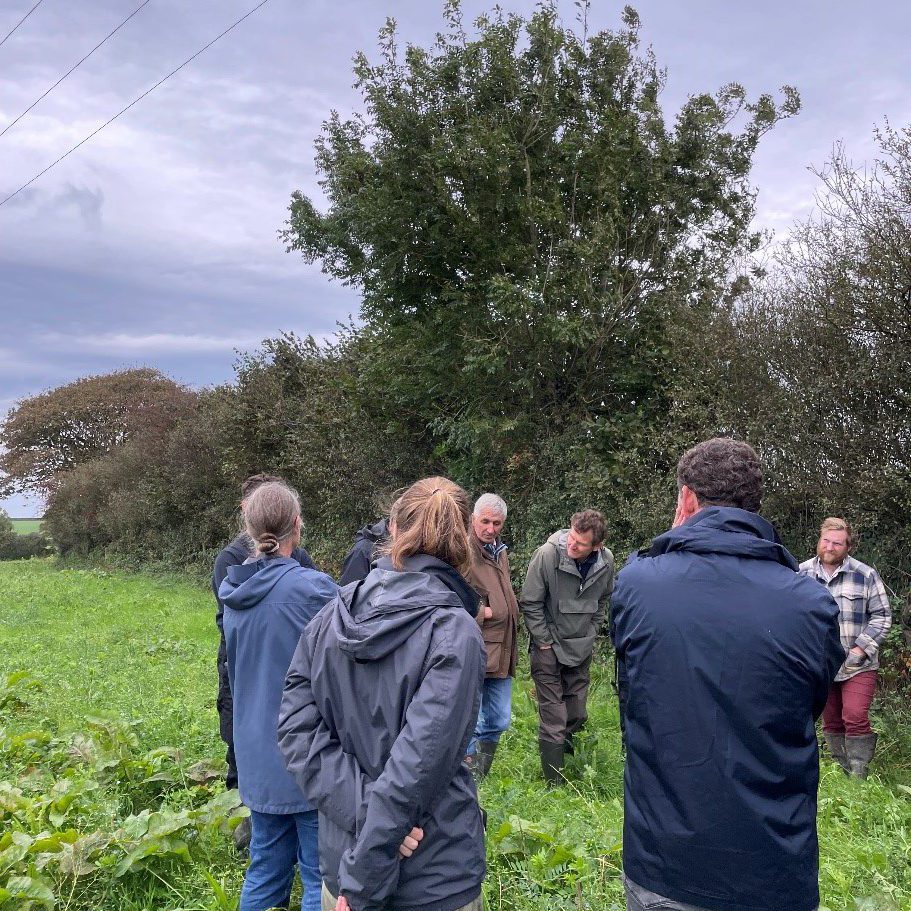
Attendees feeling the benefit of the hedgerow on a windy day
Lessons Learnt at Erth Barton
“Lessons Learnt at Erth Barton” on the 18th October summarised the work of Demo Farmer Tim Williams as he prepares to move on to new opportunities. Tim gave us a round-up of the successes and challenges he encountered during his time at Erth Barton, including introducing cattle rotational grazing of diverse herbal leys, pasture cropping and the use of compost as a soil health conditioner. We would like to thank Tim for his contribution to the Farm Net Zero project. Learn more here
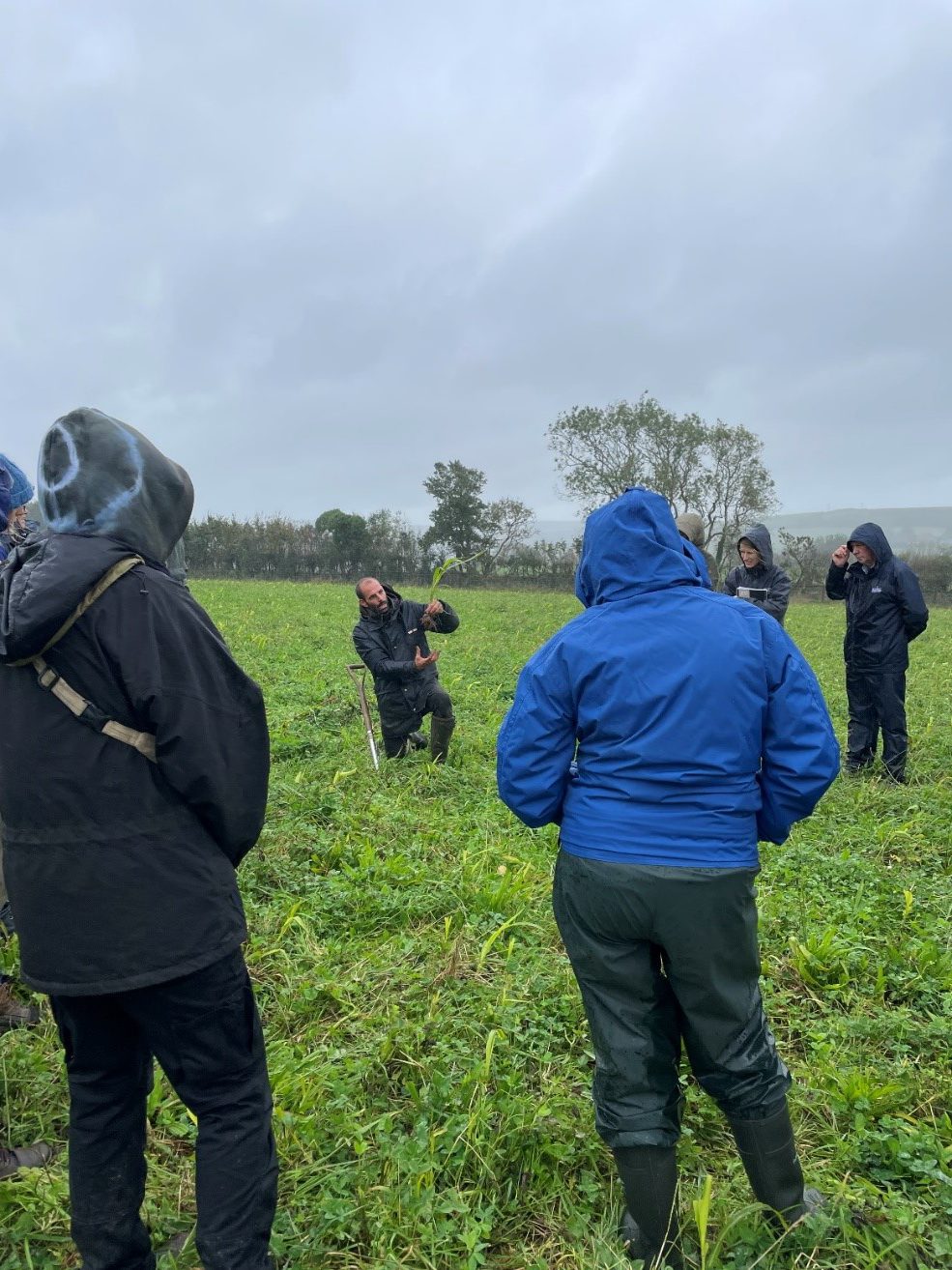
Tim Williams and the power of plant roots
FNZ Agronomists’ Workshop
At the end of November, we organised a workshop for agronomists at Trethorne Leisure Farm where we were able to discuss some of the findings of the Farm Net Zero trials. This was a great chance to develop ideas and bring together the knowledge and experiences of agronomists and the Demo and Monitor Farmers. We had some excellent conversations on the results of the trials and the potential opportunities they present for farmers as the new Sustainable Farming Incentive comes into force. Learn more here
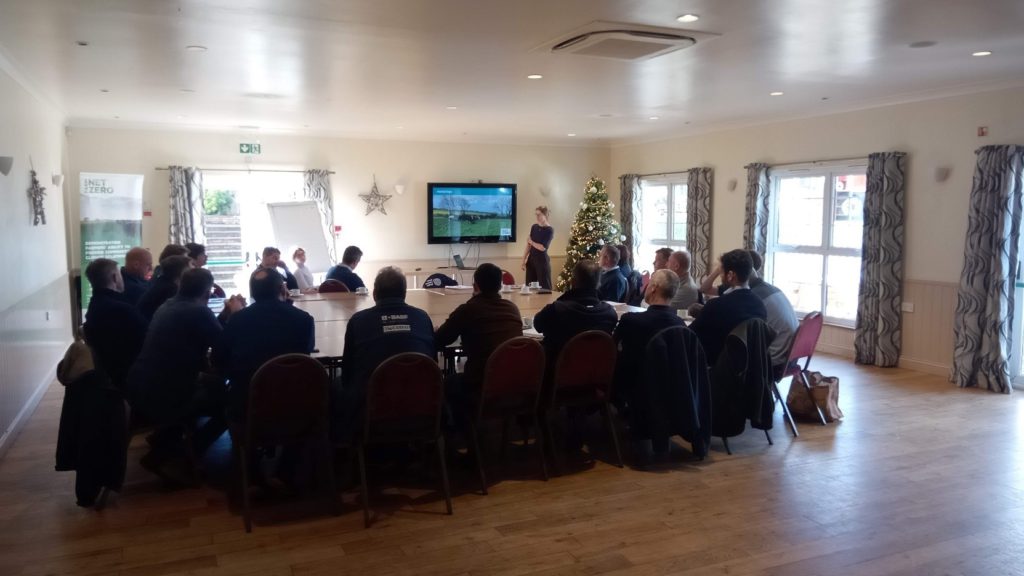
Agronomists’ meeting at Trethorne
Summaries of all these events, and many more, are available on the Farm Net Zero Project Resources webpage.
Demo and monitor farms update
Soil Sampling
This year’s soil sampling is now complete and it has been exciting to see how the soil has changed since 2021. The soil carbon results are now being used to update carbon footprints, and it has been good to see some footprints reduced through soil carbon sequestration. We have a range of farm types on the project, to reflect the variety of farming found in East Cornwall. There are 4 market gardens, 10 dairy farms and 29 mixed livestock and arable producers (ranging from pasture-fed livestock to varying levels of cropping) on the project, and we hope to be able to pick out trends in carbon footprints based on farm type as we build the database year-on-year.
Community engagement
In September, Westcountry Rivers Trust held a Beneficial Bugs ID session at Community Roots market garden, near Porthtowan. On-site, there are many wild boundaries and herbaceous borders running across the beds to encourage pollination and provide year-round habitat for beneficial predators.
Westcountry Rivers Trust – Beneficial Bugs ID Session
Project officer Zoe Smith said: “Even this late in the year, we turned up plenty of interesting specimens from different areas of the garden with our pooters.
We also looked at some companion planting within the polytunnels and participants made a bee hotel log to take home to support bees in their own gardens.”
A Soil Health Indicators session at Loveland, Penryn, in October also took place. Several enthusiastic people brought soil samples from home to analyse, as well as digging soil pits in the garden itself and comparing compacted areas on the track with less intensively used grassland areas.
We’re still looking for new locations to run climate friendly gardening workshops.
If you have an allotment, community garden or smallholding within east or central Cornwall you are proud of, and are willing to share your story, please get in touch with Zoe via [email protected].
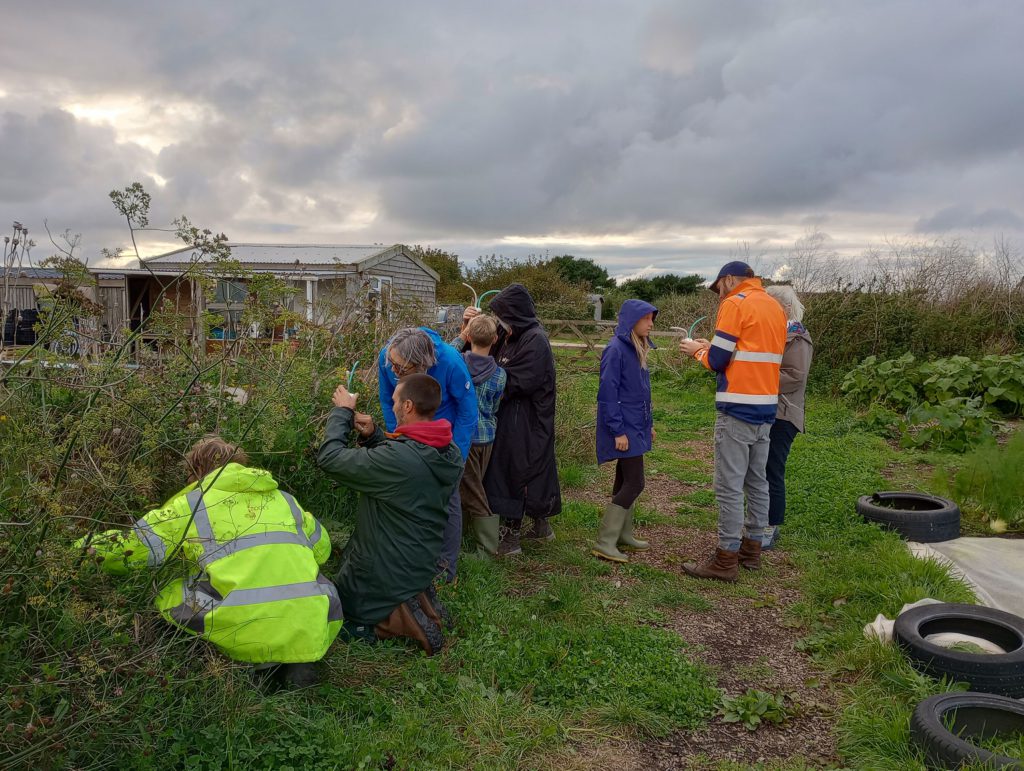
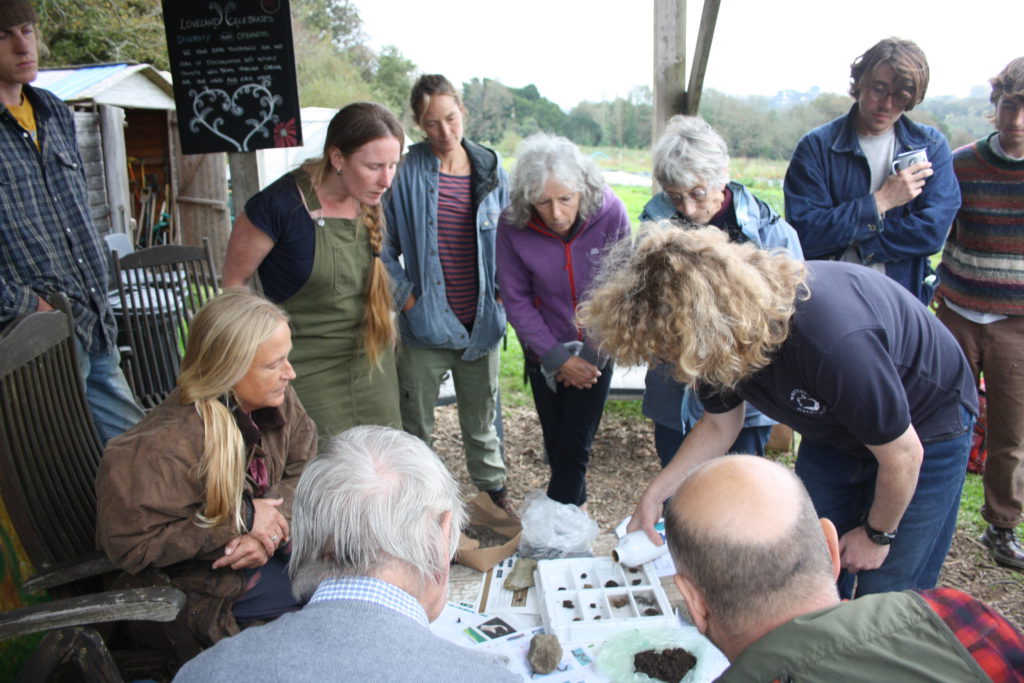
Current farm field trials
A little insight into some of the fab field trials currently underway as part of the FNZ project:
- Targeting pathogens and weeds with compost managementThe first year of the compost field lab has produced some exciting results. Making compost on site can help growers capture carbon, retain nutrients, and reduce the dependence on bought-in fertiliser. But there is always a fear of spreading disease and weeds within the compost. To see if they could safely compost weed seeds and diseased material, one trialist tried burying them in the compost in bait bags. After 12 weeks they found that composting had killed the plant pathogen and turned weed propagules (bindweed and oxalis) to dust. For more information on how the trial was carried out, and other results, have a look at the Innovative Farmers website: Optimised compost management for productivity and soil health (innovativefarmers.org)
- Update on Innovative Farmers field lab looking at reducing tillage in maize trialBy testing alternatives to ploughing, farmers are hoping to reduce the harmful impact of maize growing on soil structure, causing less erosion and runoff and reduce costs by using less fossil fuels. Results from the trial are still being processed but our initial thoughts are noted here. There are 3 fields with different systems:
- The first set of results comparing strip till with ploughing showed that a strip till system didn’t result in visibly lower yields than a standard plough based system. When the weight of the yields were compared they showed that strip tilled plots had 5% less yield than ploughed strips, but with a significantly lower cost of production with less time and fuel use. There were more weeds present in the strip tilled area despite the same herbicide treatments on all plots. However, this was mainly grass weeds and biennial crops like thistles which were not effectively controlled by the pre drilling glyphosate.
- In the second field the comparison was between a strip till, light cultivations and direct drilling. Drilling system and pre drill cultivation did have some effects, with the highest yield being a strip till plot followed by Min-till , and the lowest yield being direct drilled although differences were not large. There was again little to see from what the crop looked like to determine which was better without the weights.
- The third set of results are still to be analysed.
For more information please see here: https://www.innovativefarmers.org/field-labs/fnz-maize-field-lab/
What next?
Upcoming events:
- Oxford Real Farming Conference, Oxford (various locations)4th-5th January 2024FCT is proud to be presenting at the famous Oxford Real Farming Conference next January. FCT’s Liz Bowles joins the panel for the ‘Capturing Carbon: Joining the Dots Between Policy and Practice’ session at 11am on Friday 5th January. At 2pm, FCT’s Hannah Jones chairs a panel session with farmers Mike Roberts, Andrew Brewer, and Anthony Ellis, asking ‘How can a farm reach net zero?’, along with a 20-minute video that features 5 farmers from the Farm Net Zero project FIND OUT MORE
- Rootstock, Westpoint Exeter, Devon14th February 2024Organised by the Devon County Agricultural Association charity and hosted at its headquarters at Westpoint Exeter, Rootstock is a one-day, forward-looking conference for farmers in Southwest England. In its second year, this new conference brings farmers and researchers together to explore how farmers can build sustainable profitable businesses in tune with natural processes. Full details of the 2024 conference will be available shortly, including the topics for discussion and speaker announcements. FIND OUT MORE
You’ll find a full range of relevant events on our website.
Click here to view our full events page
We will be continuing to run a series of Farm Net Zero events in 2024, drawing on the needs and interests from the community of farmers. These will be advertised on our website and through this newsletter. If you have any suggestions for events we could run, please let us know.
Getting in touch
As ever, if you have any questions or ideas that would further support the community of farmers that we are working with, please get in touch with the project team (contact details below).
All information about the project including upcoming events and resources are available on the Farm Net Zero website. If there is anything you would like to see featured please let us know.
This project, funded by the National Lottery Community Fund, is a partnership between Cornwall College, The Farm Carbon Toolkit, Duchy College’s Rural Business School, Westcountry Rivers Trust, Innovative Farmers and Innovation for Agriculture.


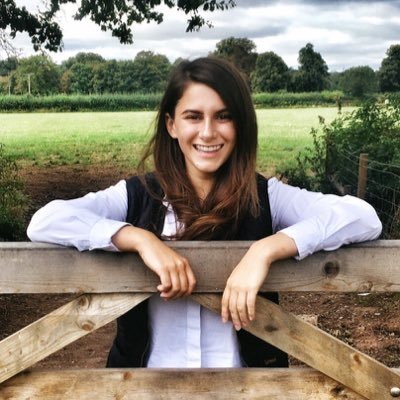
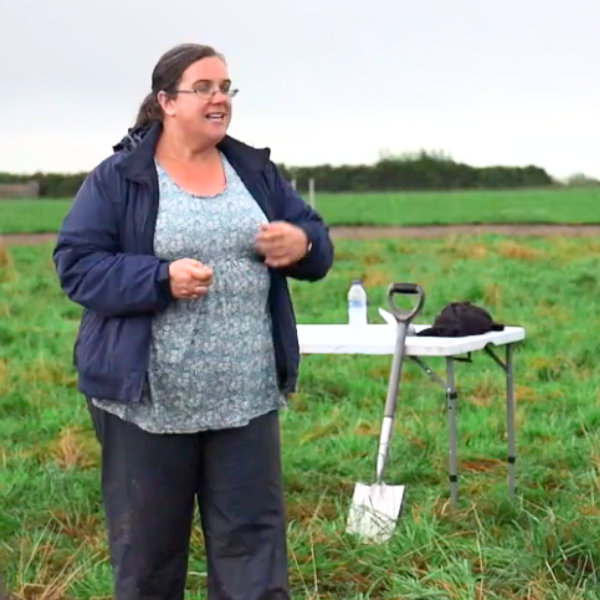
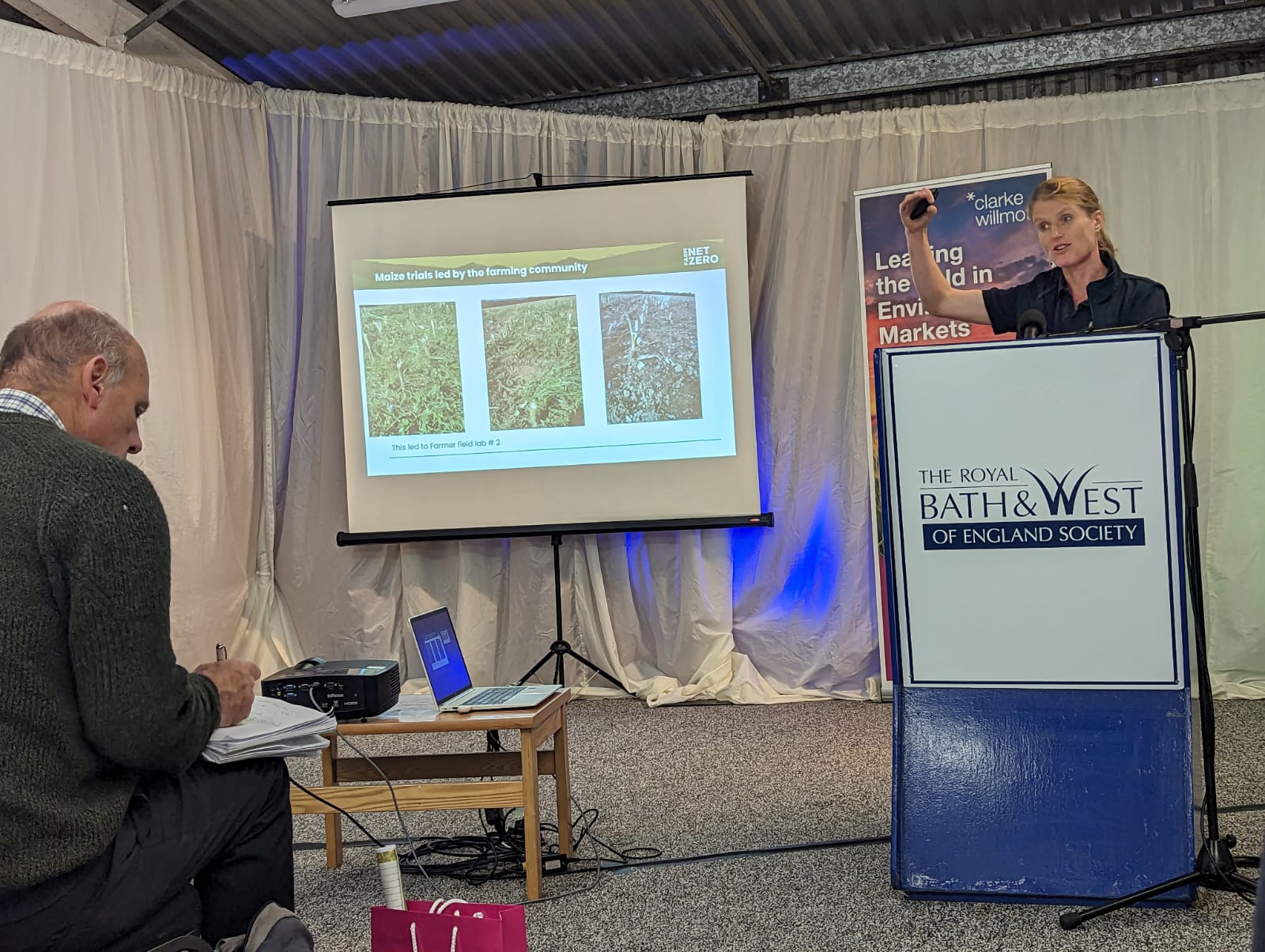








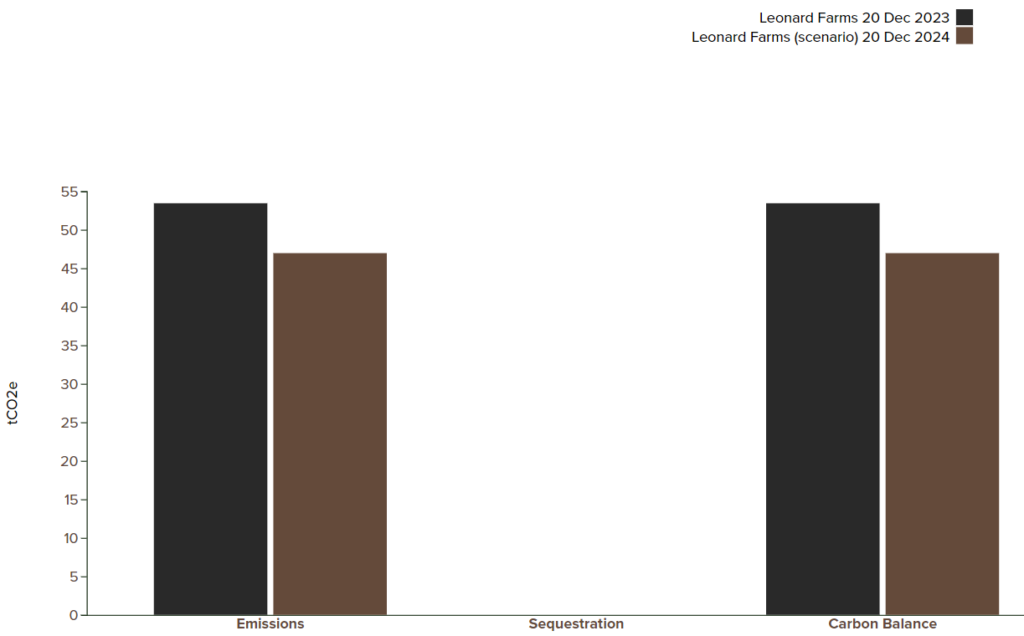
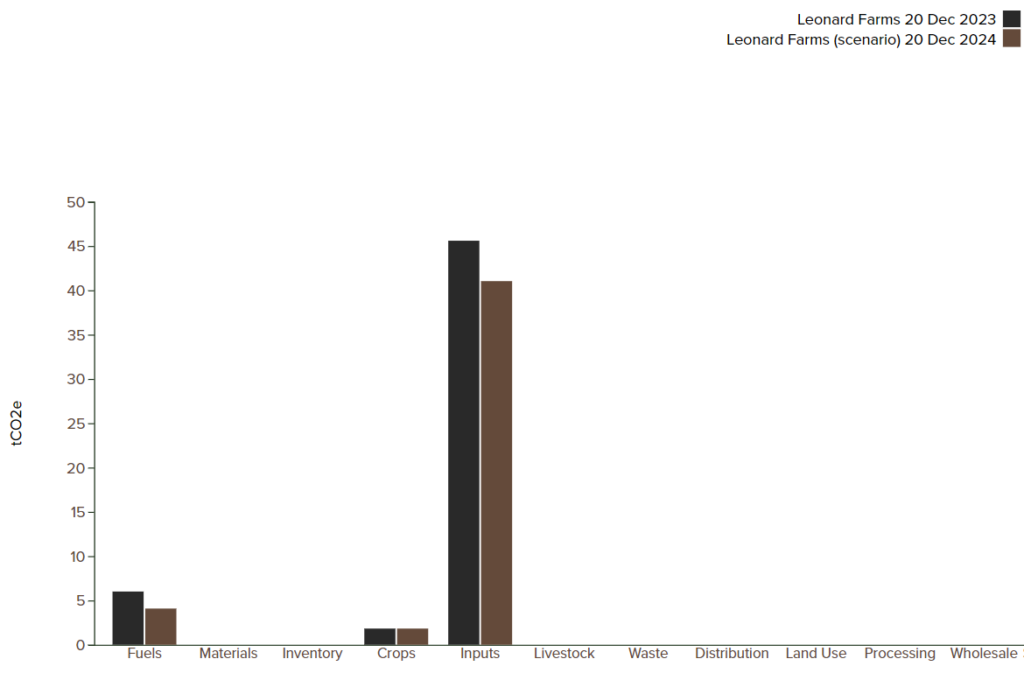

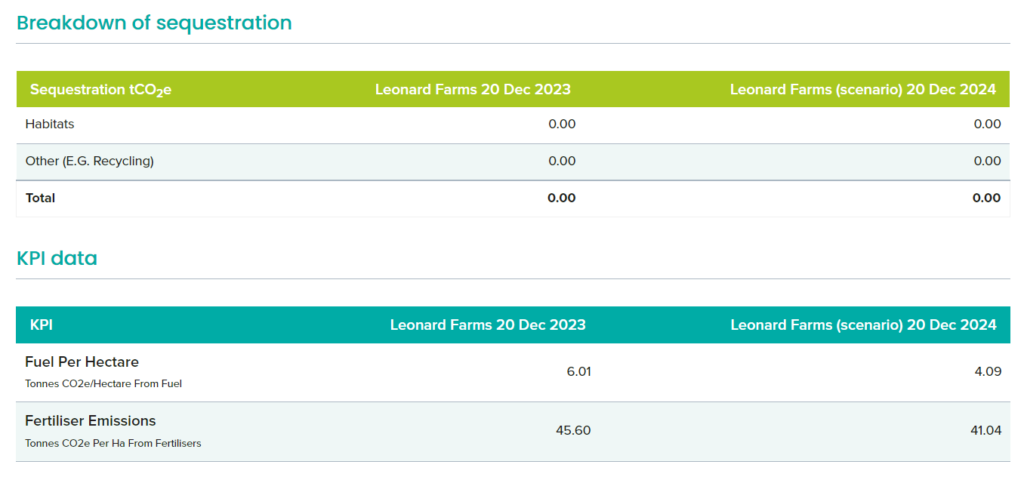
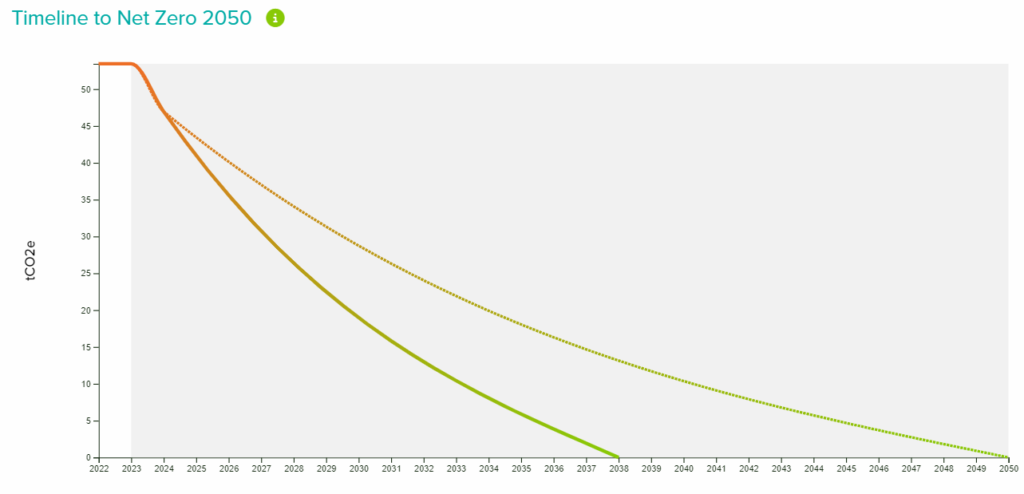
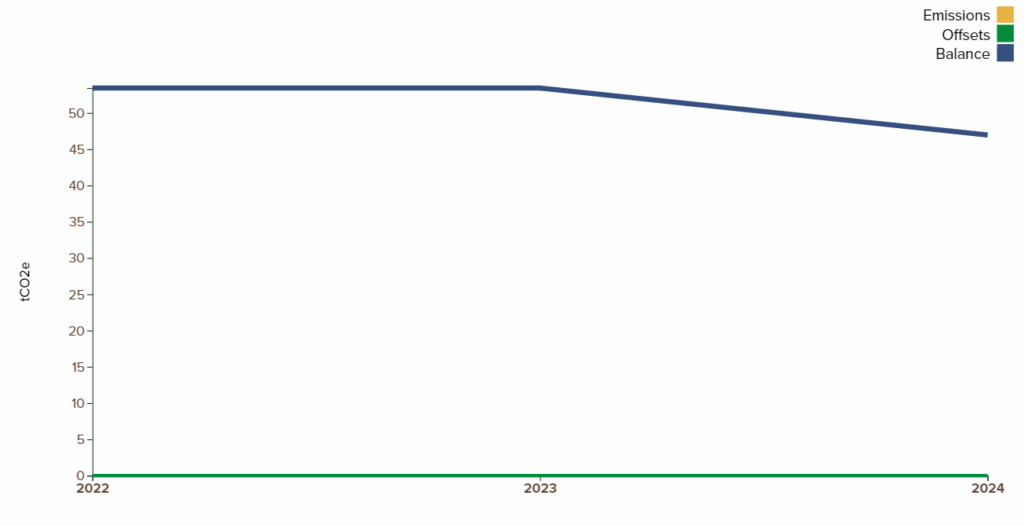


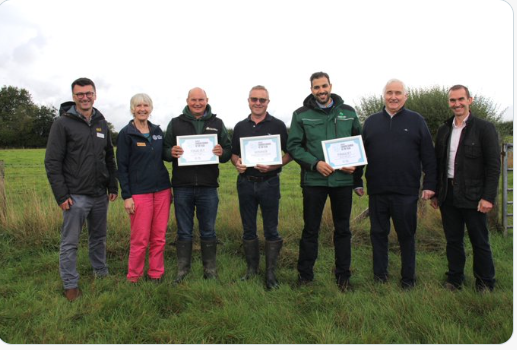
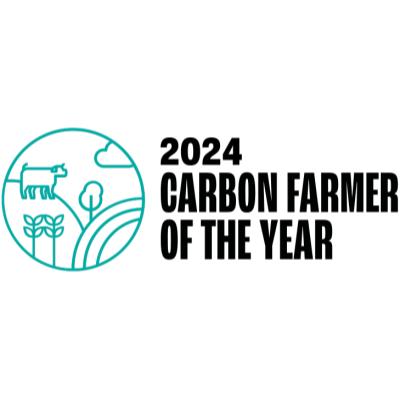
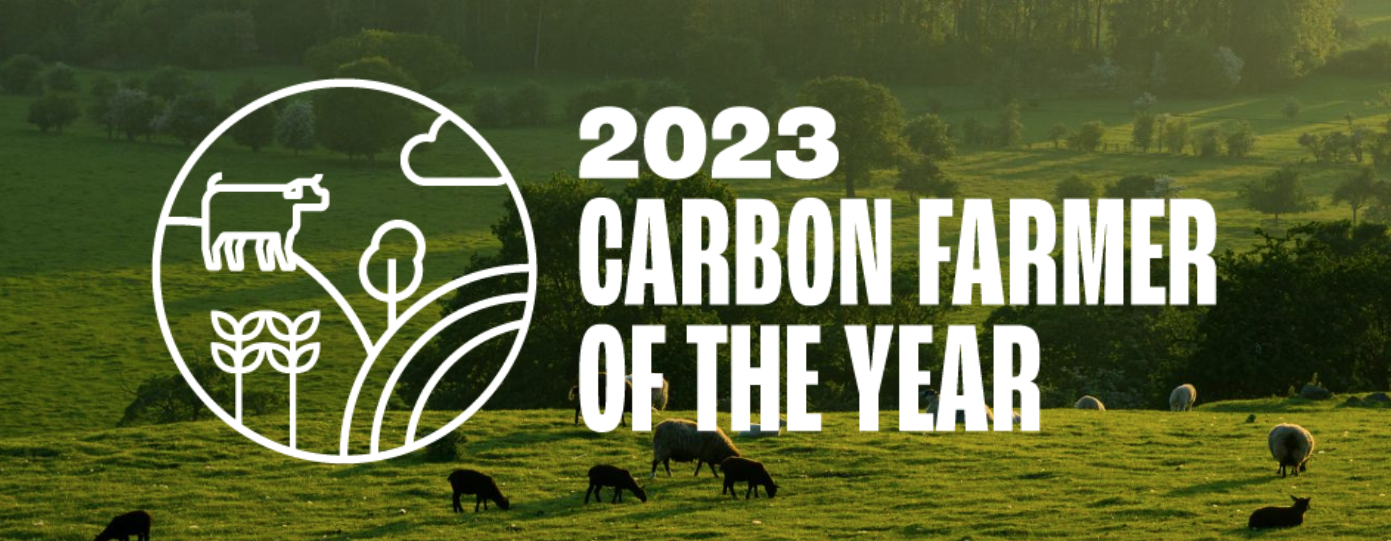
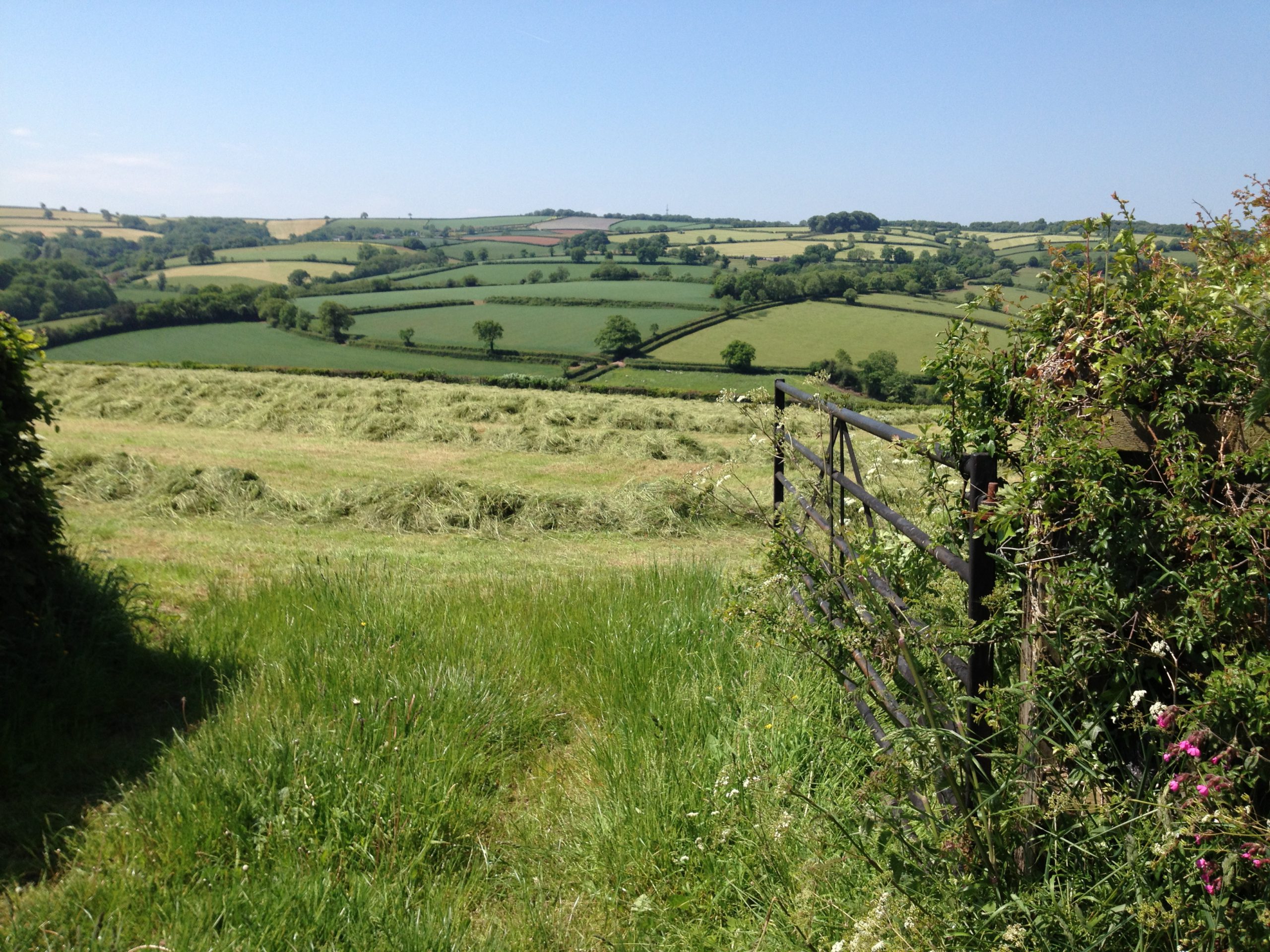
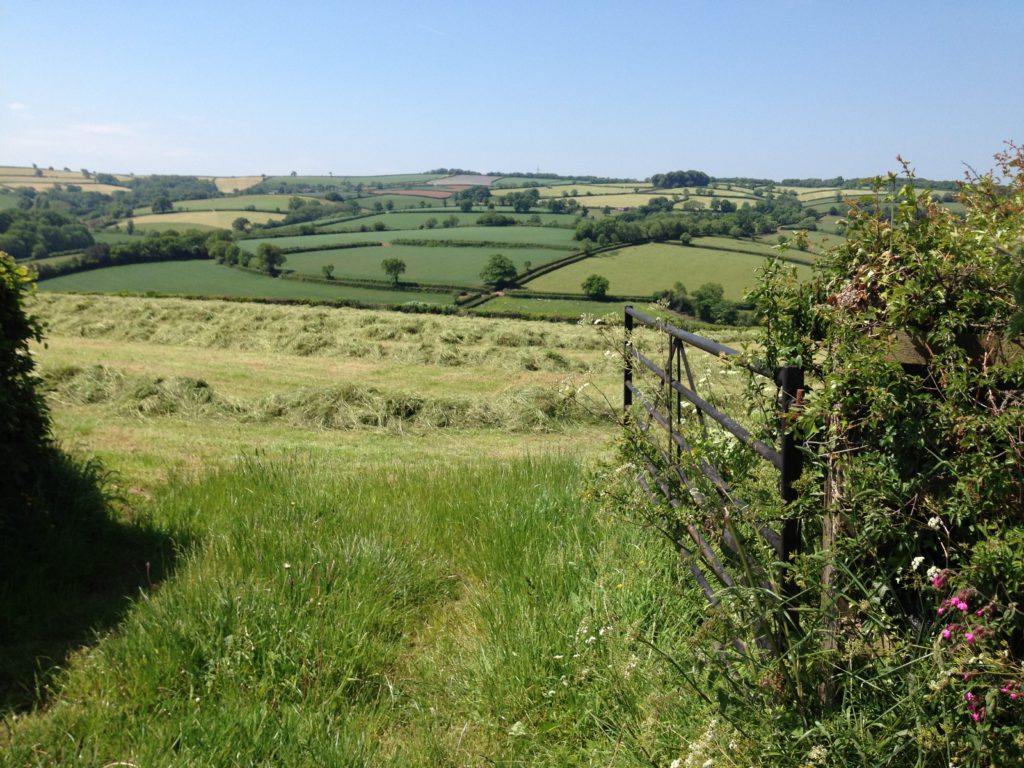
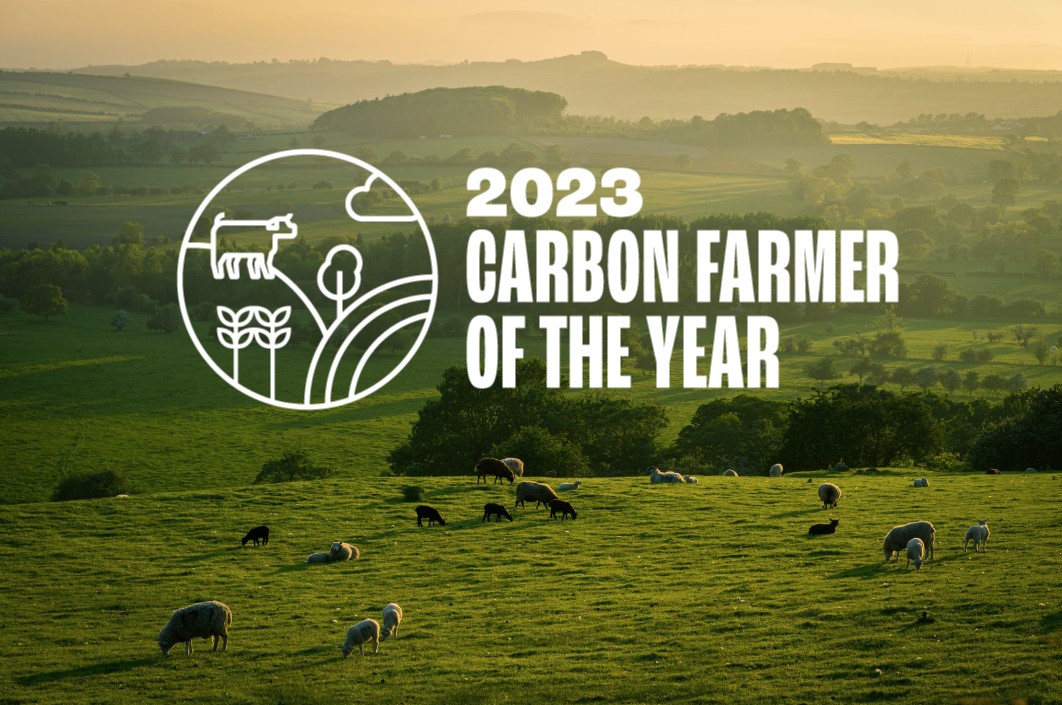
Recent Comments